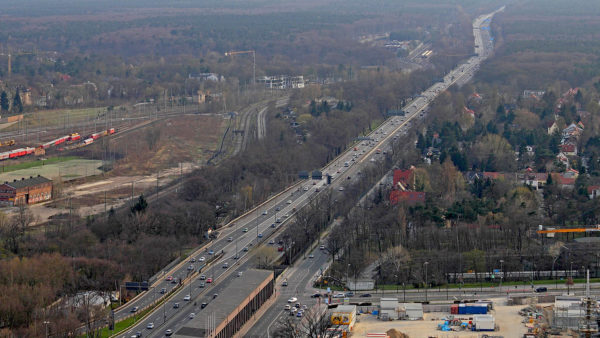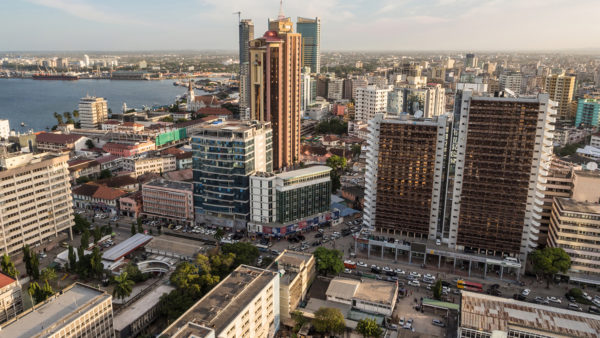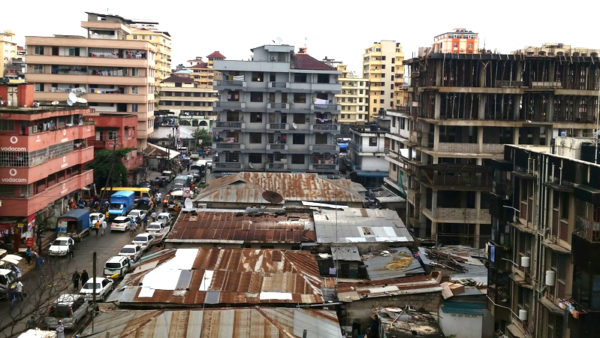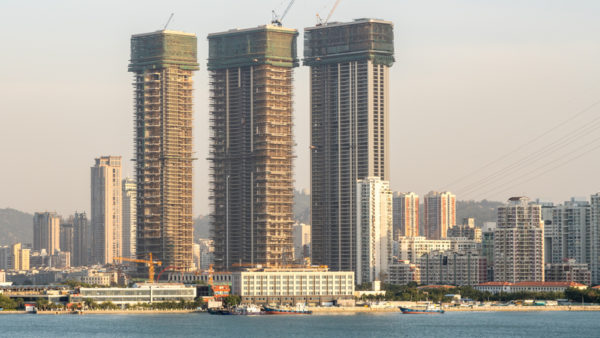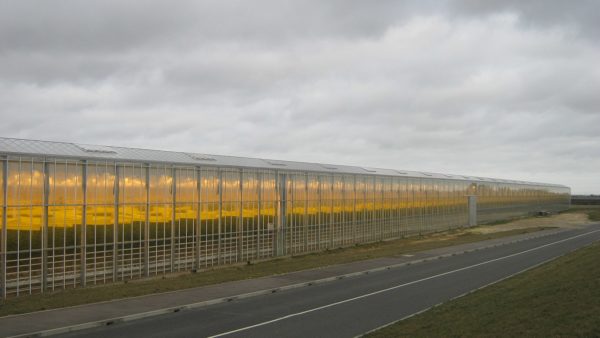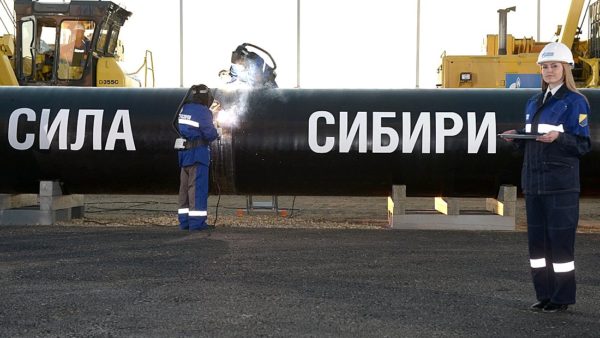Representatives of some 20 countries from Africa, Asia and Australasia yesterday joined President Emmanuel Macron of France and Prime Minister Narendra Modi of India at the founding conference of the International Solar Alliance (ISA).
The group hopes to promote investment of $1 trillion on solar generation in tropical countries over the next 12 years.
Macron told a press conference in New Delhi that France would itself invest €700m in the ISA, bringing its total investment to €1bn.
The intergovernmental organisation, which was proposed by Modi in 2015, has gathered 60 signatories, 30 of whom have ratified the agreement.
The aim of the ISA is to provide guarantees for low-interest loans to countries between the tropics of Cancer and Capricorn, which have abundant sunshine but lack the resources to exploit it. Â
Nicolas Fornage, the director of the French Development Agency, told Le Monde: "As solar technology has become ever more efficient and affordable, private investors are taking over from public sector agencies. We want to encourage them by using this money to provide loan guarantees."
In an interview with the India Today, President Macron said a network of a hundred centres of excellence should be set up to promote the transfer of technology and innovation and to train 100,000 technicians over the next five years. A video of the interview can be seen here.
The move is intended to put France at the head of efforts to ameliorate global warming after last year’s withdrawal of the US from the 2015 Paris accords.
Macron’s office has said that €13bn in deals were signed on the first day of his trip to India.
Although it did not provide a full list of what they were, they included a water project for Suez, and the signing of an "industrial way forward agreement" between EDF and the Nuclear Power Corporation of India. This envisages the construction of six European Pressurised Water reactors at Jaitapur, a site on the coast of Maharashtra state, about 100km south of Mumbai.
If this 9.9GW scheme goes ahead, it will be the world’s largest nuclear site, however agreements have been signed before. In December 2010 then-president Nicolas Sarkozy signed a deal to build the first two reactors with then prime minister Manmohan Singh.
Image: The inaugural meeting of the International Solar Alliance (Narendra Modi)
Further reading:





